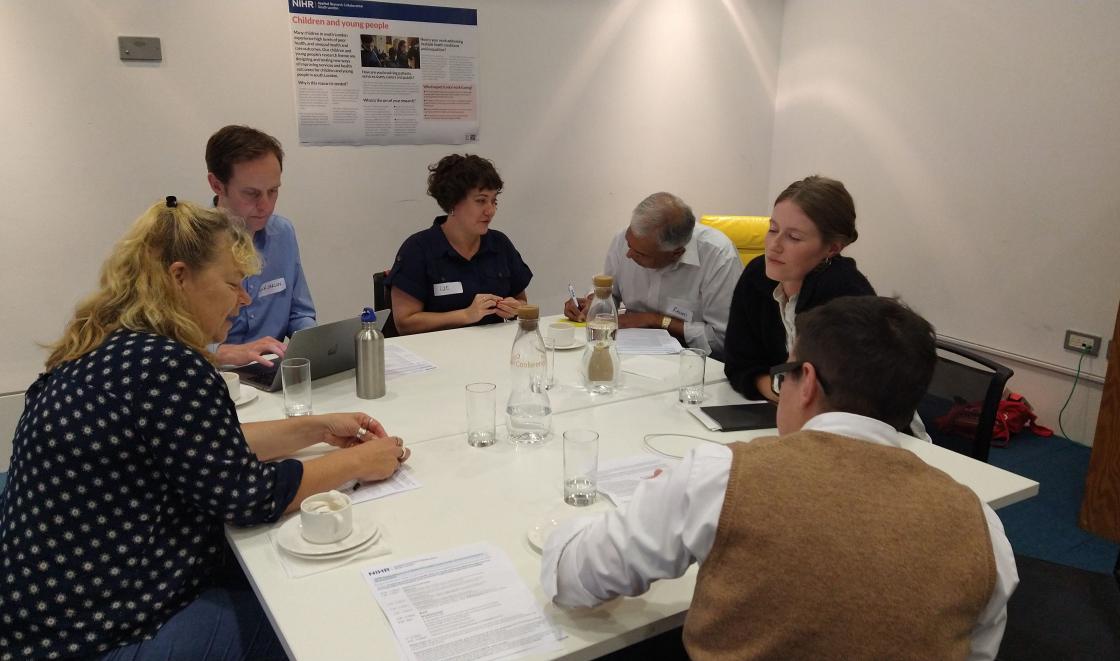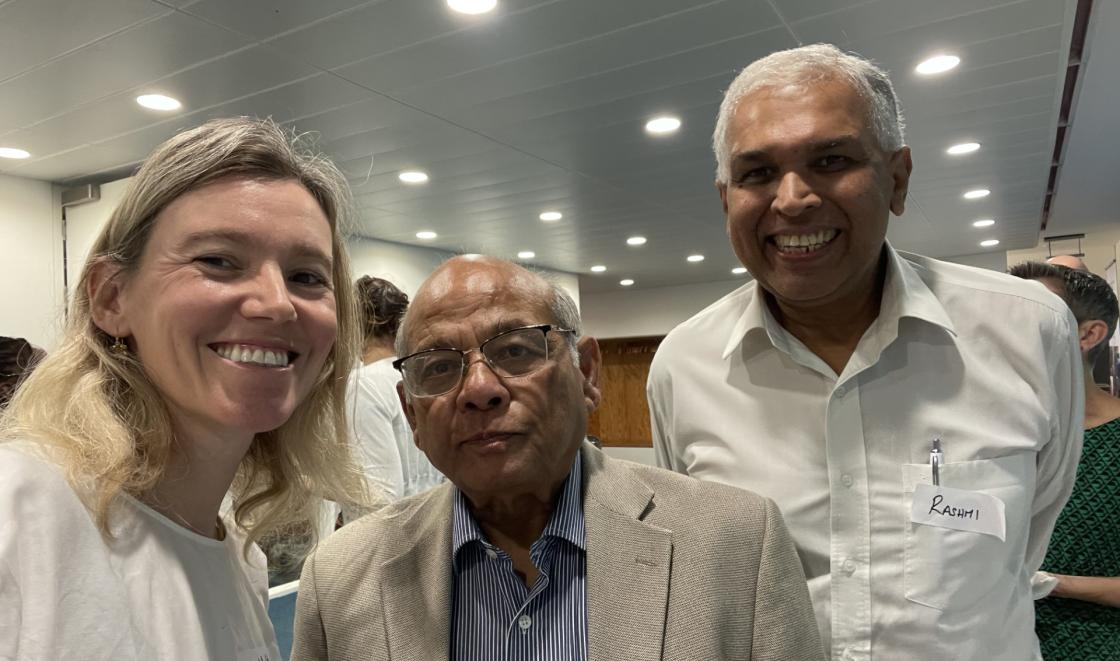Impacts of the cost-of-living crisis
After this there were three presentations. The first was from Colin Wilson, engagement and projects officer at Healthwatch Sutton, on exploring the health and care impacts of the cost-of-living crisis, including on people who already have chronic health conditions or are using care services.
Colin shared findings from Healthwatch Sutton's cost-of-living survey, highlighting a range of findings, including people’s concerns about the mental health impact of the cost-of-living crisis, especially on their close family and friends.
Precarity among older LGBTQ+ communities in London
The second presentation was from Mark Sladen, research and policy officer at the charity Opening Doors, the largest UK charity for LGBTQ+ individuals over 50, who explored research on precarity among older LGBTQ+ communities living in London.
Highlighting various risk factors contributing to poverty, Mark said, "People from LGBTQ+ communities are drawn to cities to find others from their communities, but this is where the cost of living is high, particularly in London."
Bringing together knowledge from varied sources
The third presentation was from Savi Hensman, ARC South London’s involvement coordinator, on bringing together knowledge from varied sources, including Census and other data. Savi emphasised the importance of synthesising insights from varied sources, particularly those rooted in lived experiences, to gain a more comprehensive understanding of health and wellbeing.


